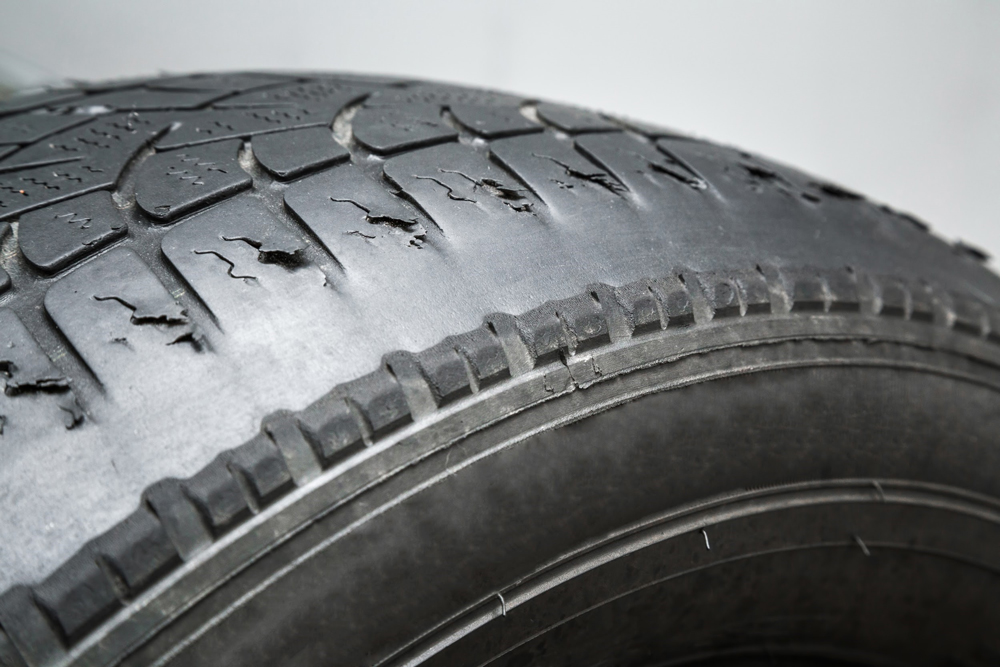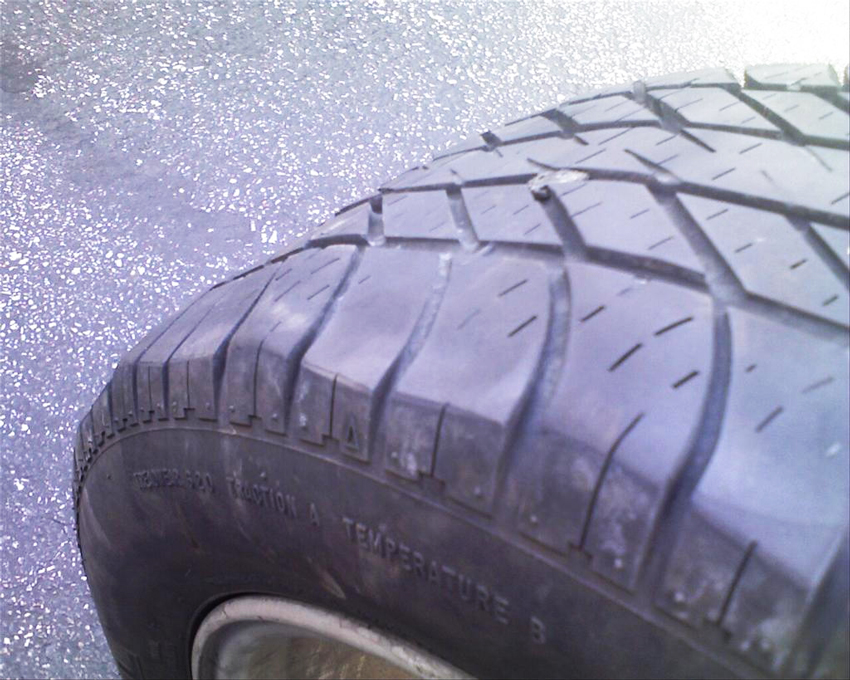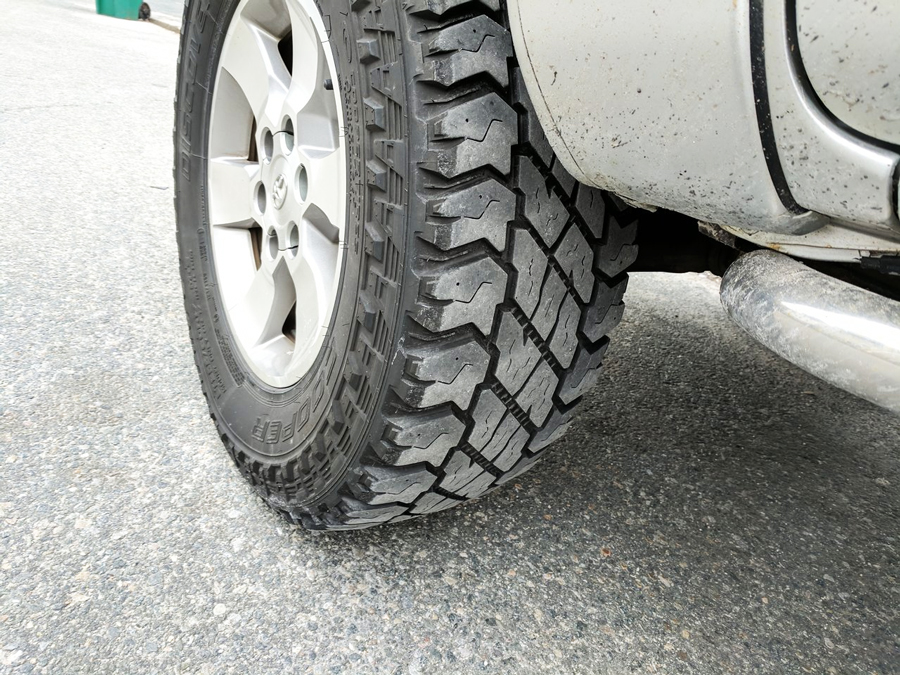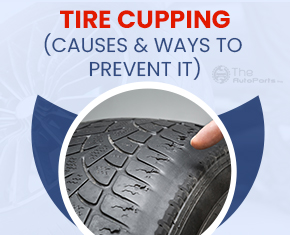The contact between the car and the road is maintained with the help of tires. Excess use makes them susceptible to wear and tear; also, the degradation takes place faster than expected. Tire wear leads to numerous issues and impacts the ride quality to a great extent. One of the most commonly faced trouble is scalloping with “Dish Like Intentions.” Fortunately, there are ways to resolve tire cupping issues that have been highlighted in the subsequent paragraphs:
What Exactly is Tire Cupping?

Tire wear is basically an irregular form of wear that is either scalloped or in the form of the dished tread. The cupping doesn’t occur in a single area of tread but is also found in the external area. Cupping is irregular wear that is experienced by thousands of cars annually. One of the most prominent reasons behind tire cupping is mechanical fatigue, and it’s hard to determine the exact reason behind it. It is impossible to identify the root cause of the issue without consulting a mechanic. Several tires that undergo cupping are separated from the vehicles annually.
Is Tire Cupping Dangerous?

Driving with cupped tires becomes a safety concern for the drivers. This is so because the cupped ones don’t adhere on the road like those experiencing normal wear. When cupping takes place, tread to pavement contact reduces, thereby affecting the vehicle traction to a great extent. The traction loss leads to other types of issues, including inside tire wear and outside tire wear. As a result, you will more likely experience accidents due to tire wear.
Severely cupped tires must be taken to a qualified mechanic and must be thrown away as soon as possible. Underlying reasons for cupping must be identified and repaired to prevent such issues from occurring in the future. Driving with a cupped tire can become a safety concern for you and your loved ones.
What Causes Tire Cupping?

Numerous reasons can be held responsible for tire cupping depending on the frequency and severity of the situation. Therefore, it is vital to determine the underlying cause before tire cupping solutions can be implemented to resolve the issues. Below are the primary causes of tire cupping:
Failing to Rotate Tires Regularly
Tires don’t experience regular wear, and after completing 6000 miles or six months, tire rotations are highly recommended. Not performing them would raise concerns like tread wear, cupping, scalloping, and bald spots.
Worn Or Damaged Suspension Components
Sometimes cupping takes place due to worn suspension components. The shock and struts dampen the vibrations and inhibit the upward and downward movement of cars. Issues in these components often lead to tire cupping.
Out of Balance Condition
Wheels and tires come with heavy spots that must be balanced so that the ride becomes smooth. This process must be carried out from time to time to improve the stability of the tires. Sometimes the tires start losing their balance, which leads to irregular wear. An out-of-balance tire moves on the road cup type wear take place.
Tires are No Longer Round
Sometimes tires experience runout. Sometimes the tire goes out of shape you’ll experience hop or wobble while going down the road. This often takes place when the tire shifts a structural belt. In certain cases, the irregularities get severe with time, ultimately resulting in substantial cupping.
Tire Alignment Becomes Poor
A poorly aligned front end often leads to cupping. In a standard vehicle, the front steering and suspension need three individual adjustments such as caster, camber, and toe specifications once get hampered, which leads to numerous issues. In most cases, it leads to irregular tire wear.
Can We Fix a Cupped Tire?
Yes, cupped tires can be fixed and, when identified earlier, can be minimized by balancing and rotating the car tires, thereby keeping the affected wheel at a distinct location. All you need to know is the underlying reason for cupping and implement the optimum tire cupping solution. If cupping lasts for extended periods it might lead to tread wear. Install fresh tires and resolve mechanical issues, if any.
